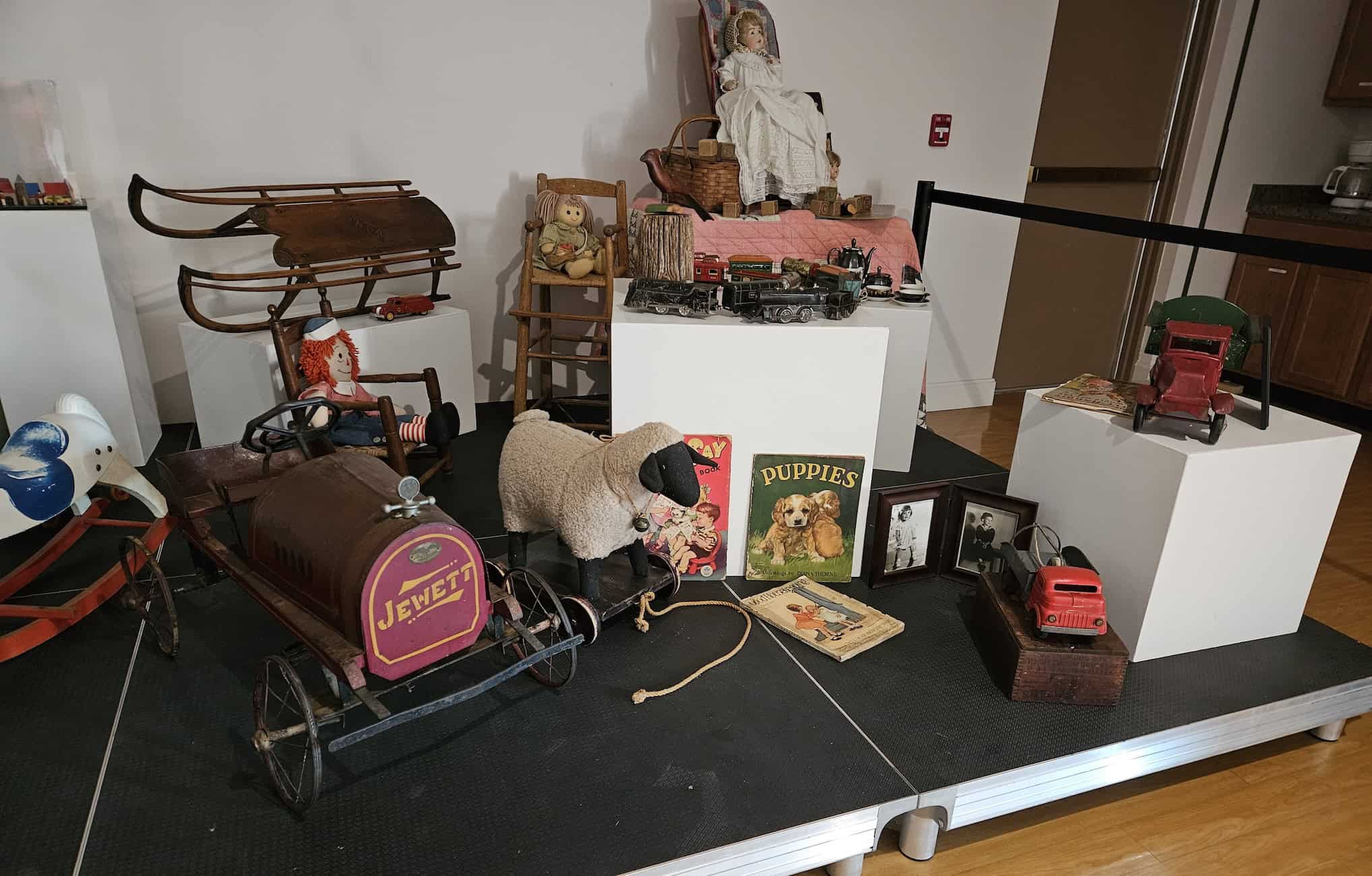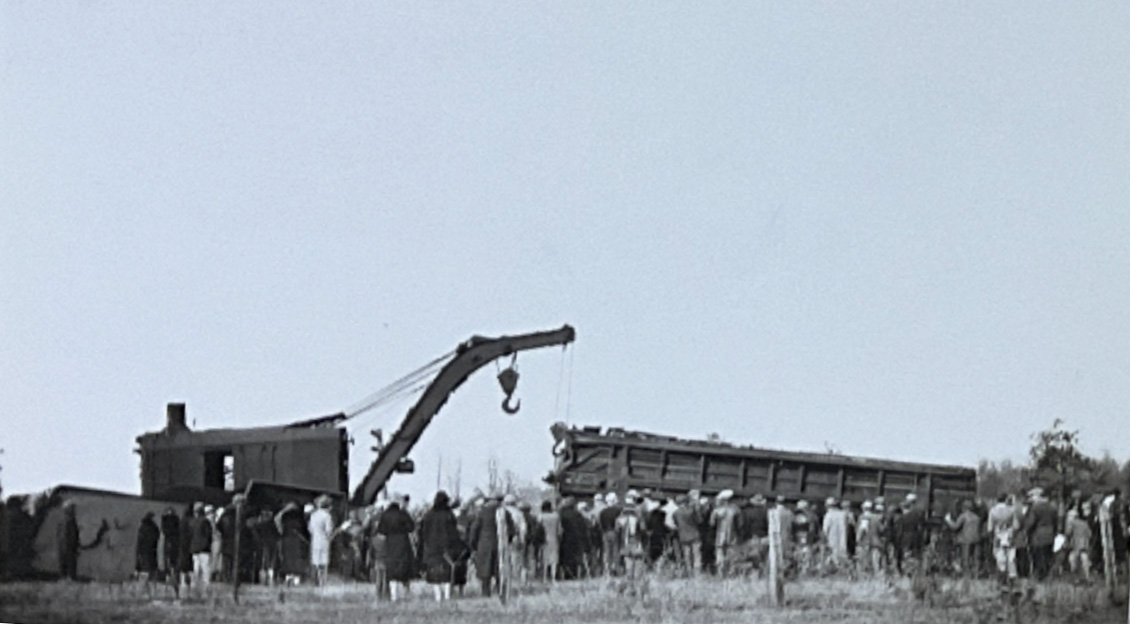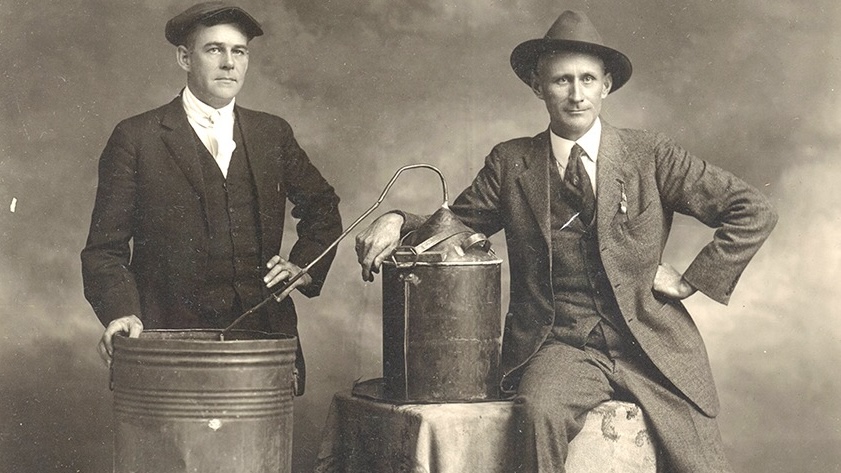Friedrich Muench and the Giessen Emigration Society’s role in Missouri still visible today
University classmates Friedrich Muench and Paul Follenius have an idea. If they could get enough of their German neighbors and leading intellectual countrymen interested in immigrating to America, they could establish entirely new lives. They could have complete religious, political, and economic freedom in the beautiful American countryside other intellectual thinkers like Gottfried Duden have written about, without going it alone.
To help Germans relocate to the United States, they established the Giessen Emigration Society and began accepting applications from interested travelers. By 1834 they have lists of people willing to travel across the Atlantic and much of pioneer America, specifically to Missouri. Thousands applied, but about 500 were selected. In some cases, entire German villages packed up what they could carry and left everything else behind.
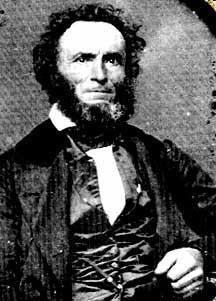
The first cohort of the Giessen Emigration Society comprised 355 individuals, led by Follenius. They traveled on the ship Olbers and arrived in New Orleans on June 2, 1834, suffering through a grueling month-long journey by sea on a typhoid-infested ship that would foreshadow Follenius’ eventual death.
About a month later, Muench led the second cohort of 152 individuals aboard the Medora. According to the ship’s manifest, Medora included 45 non-Society members, one child died en route, and one child was born before arriving in Baltimore on July 24, 1834. A copy of the passenger manifest is available at the Warren County Historical Society.
Upon disembarking, they did not find a country paved with gold streets, as many European migrants heard stories of, but they did find a country ripe for westward expansion. The recent Indian Removal Act of 1830 forcibly relocated thousands of Native Americans to lands west of the Mississippi, vacating those areas for new, white settlements. Rivers, streams, and man-made canals stretched out in all directions across the country, making travel easier.
The rise and fall of Muench’s and Follenius’ German Giessen Emigration Society
Traveling up the Mississippi River from New Orleans, Follenius and his group found the nascent state of Missouri in the throws of a cholera epidemic. Muench and his crew moved west along the Ohio River, stopping briefly in Cincinnati and then heading for St. Louis to meet up with Follenius. It was here they learned on the trip up the Mississippi, Follenius became ill and had to leave the boat. Upon reaching St. Louis, Follenius’ group decided to disband, and the treasurer mistakenly distributed all the common funds of the society.
Only the leaders and half a dozen families settled in Warren County. Upon arriving, Follenius bought the log cabin and farm near Dutzow formerly owned by Duden, and with Muench set out to repay members of the society who had lost their funds.
These were among the many hardships the group endured. As other early immigrants to the United States’ western territories discovered in 1834, the farming was often rough, with most settlers barely able to scratch sustenance out of the earth during harsh winters and arid summers. Even when conditions were promising, the labor was backbreaking.
Still, their perseverance fueled their settlement along the Missouri River in parts of St. Charles, Warren, Franklin, Montgomery, and Gasconade Counties. Here, it was agreed the region looked and felt like home with lands reminiscent of the Rhine Valley back home. They wrote letters back home, encouraging more of their families and close friends to move to America.
German churches establish cultural touchstones for generations
The Society’s large delegation made Missouri a virtual German “state within a state”, enabling the immigrants to create their own newspapers, schools, churches, and regional influence along other non-society members. Other German immigrants had also increasingly settled nearby and maintained German-speaking schools, churches, and institutions, inflaming relationships with local white settlers who viewed them suspiciously.
Detached from the Rhineland, they slowly merged into the great American melting pot, but not without making their influence known by establishing trade connections with broader American markets and getting involved with regional and national politics, often promoting abolitionist candidates and movements.
Many of the Society’s original immigrants were members of Catholic, German Evangelical, Lutheran, Jewish, and Free-Thinker churches. Quickly establishing newspapers, schools, and churches in America, they joined other German congregants already here to build upon and retain their uniquely German heritage until anti-German sentiment during World War I shifted most German-language newspapers, schools, and language preferences to more Americanized alternatives or shuttered completely. By World War II virtually none existed except in basements and in memories. But the churches remained — though many now heard sermons in English rather than German.
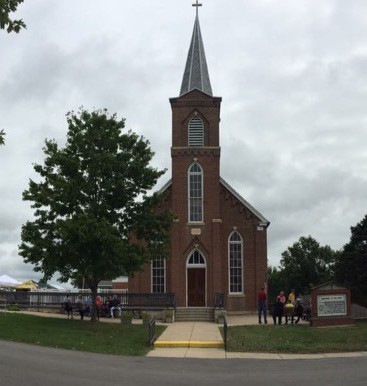
Immanuel Evangelical (Immanuel UCC today) was the first German church, founded in 1839, and is the oldest continually operating German church in Warren County today. Several other churches, including Harmony Church on the Upper Charrette River region in 1842, were built over the early twenty-year period after the Society’s settlers arrived.
More modest structures became more permanent, such as the Lippstadt Church, the third among German Evangelical churches in Warren County. It was originally built from logs in 1853 and redone in bricks in 1877. The church is still standing today. Hochfeld Evangelical, built in 1875, stands today as a marker of a new generation of churches after the initial settlers shaped the region.
Amid hardships and business failures, the two enterprising, idealistic German intellectuals left an indelible mark on Missouri and the United States through the ancestors they helped recruit to America. Follenius died of typhoid fever in Waren County on October 3, 1844, after a brief, failed business venture in St. Louis. Friedrich Muench died on December 14, 1881.
Today, millions of Americans of German descent can trace their ancestors to these early Germans who followed the ideas of Duden, Muench, and Follenius.



